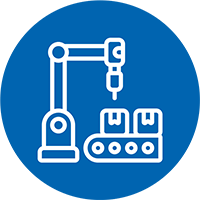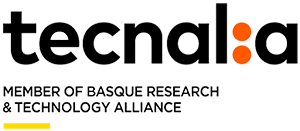KRITEUS
CRM STRATEGY FOR THE BASQUE COUNTRY
THE LIST OF CRMS (CRITICAL RAW MATERIALS) FOR THE EU published in 2017 by the European Commission (EC) includes 27 CRMs, of which 216,000 tonnes are consumed annually in the Basque Country (corresponding to EUR 415 million/year). The most important in terms of turnover are chromium, silicon (ferrosilicon), niobium (ferroniobium) and magnesite. Aluminium, copper, zinc and nickel are the most important non-ferrous metals for the Basque economy, with an approximate consumption of 271,000 tonnes per year (EUR 1.120 billion/year). The industrial sectors most dependent on CRMs are metallurgy and electrical equipment, although they are also critical for sectors such as the manufacture of synchronous motors and refractory materials. Basque industry systematically perceives less criticality than that established by the EU, given that CRMs are frequently embedded in components used in product manufacture or equipment production: permanent magnets, machining tools, catalysts, etc., firms consider they have an “indirect” dependence on CRMs and that risk or price is not associated with the criticality of raw materials.
The SUPREN (SUstainable PRocess ENgineering) research group of the Department of Chemical Engineering and Environment of the UNIVERSITY OF THE BASQUE COUNTRY (UPV/EHU) leads KRITEUS. TUBACEX, the manufacturer of long steel and nickel products, DIGIMET, a company specialising in the recovery of high-value metals and TECNALIA Technology Centre have also collaborated in the project.
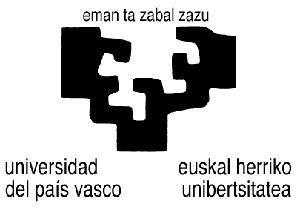
DRIVING FACTOR
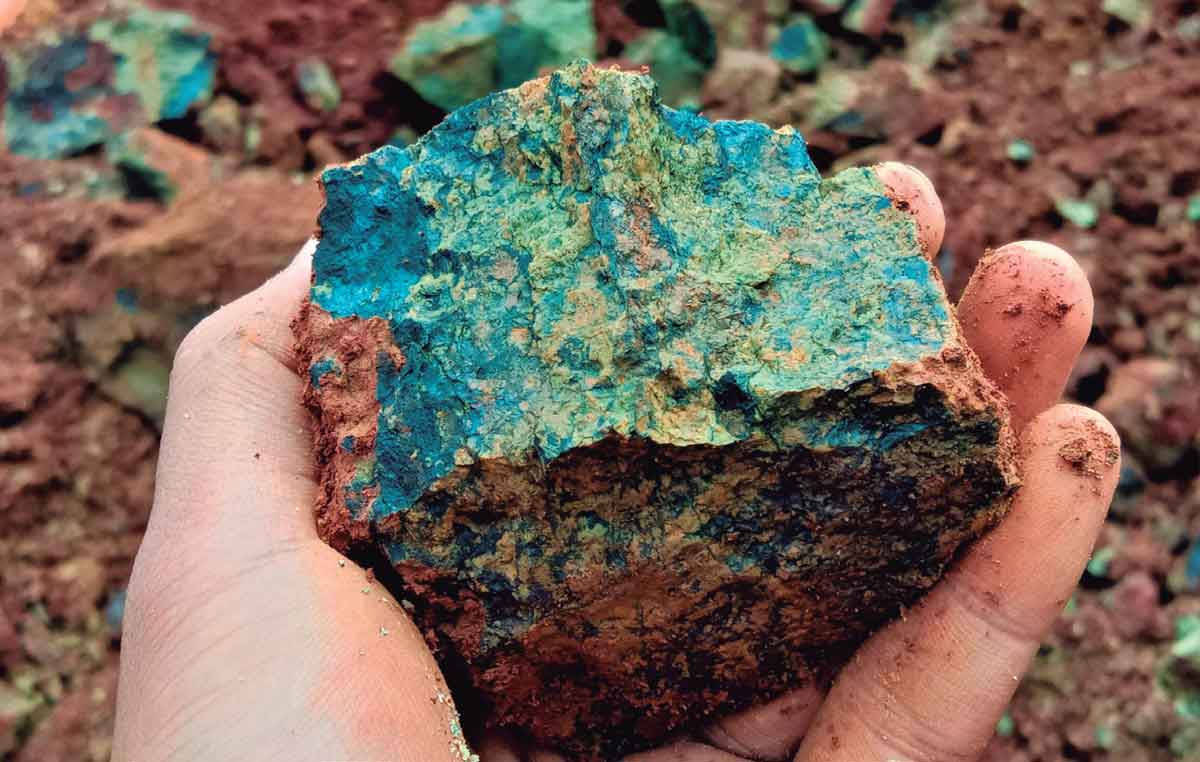
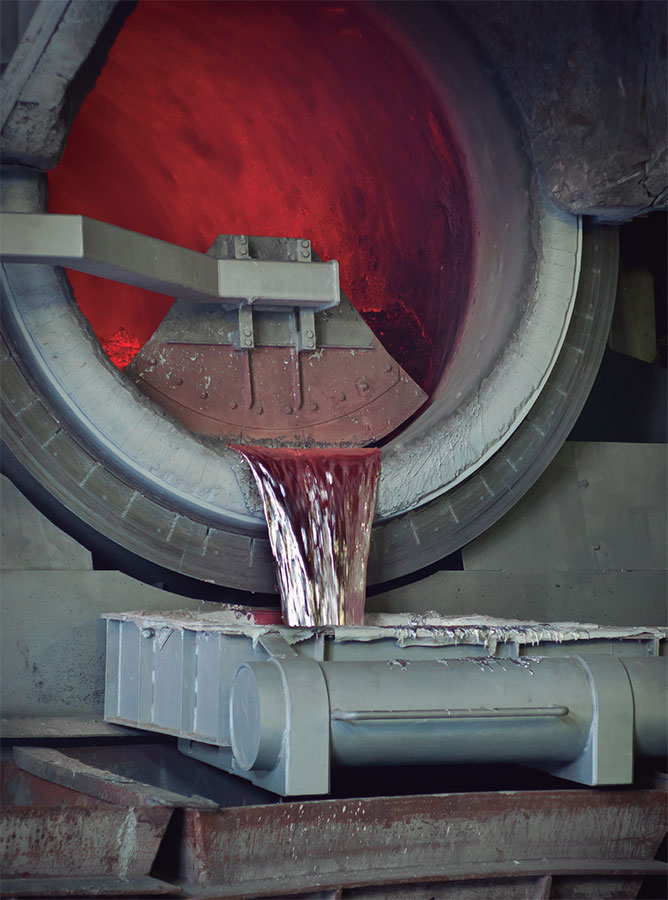
 OBJECTIVES
OBJECTIVES
- Establish relevant R&D & Innovation lines on strategic materials which may be considered critical for supply (due to shortage and/or price) for companies which include them in their products and/or production processes; or because they may become an opportunity to develop new companies or lines of business to be set up in the Basque Country with advanced preparation proposals for reuse and/or recovery of these materials.
- Demonstrate the viability of recovering strategic non-ferrous metals from waste from the stainless steel industry using DIGIMET technology.
 RESULTS
RESULTS
- Analysis of 15 CRMs which are relevant for the Basque Country (10 of them in depth: chromium, silicon, niobium, magnesite, magnesium, cobalt, graphite, wolfram, fluorspar and neodymium-dysprosium); and assessment of strategic non-ferrous metals (aluminium, copper, nickel and zinc).
- Definition of responses to minimise the vulnerability of Basque industry to CRMs.
- Creation of a “Company-Sector vs Critical Raw Materials” matrix, which identifies potential lines of development and R&D & Innovation in priority value chains, and explores business opportunities in reuse through new uses of already exhausted materials.
- Pilot plant validation of DIGIMET technology for the treatment of steel dust from suction systems from stainless steel manufacture, obtaining a high recovery rate of critical metals such as Cr or Ni.
 CONCLUSIONS
CONCLUSIONS
- The knowledge developed in the KRITEUS project matrix has used information from previous projects, statistical data available from official sources, and consultation with professional experts (up to 31 people).
- Potential R&D & Innovation lines have been established for reuse, recycling, recovery and replacement of valuable CRMs.
- Potential business areas to be promoted include waste mining or the recovery of silicon from solar panels.
ENVIRONMENTAL
TECHNICAL
ECONOMIC
COMMERCIAL
ON THE MARKET

